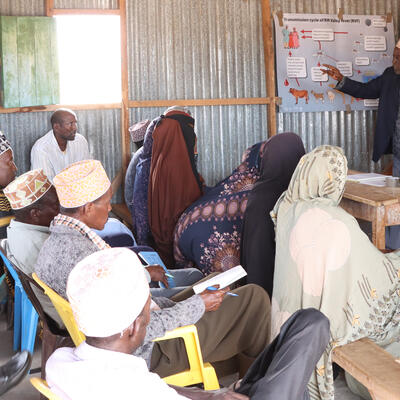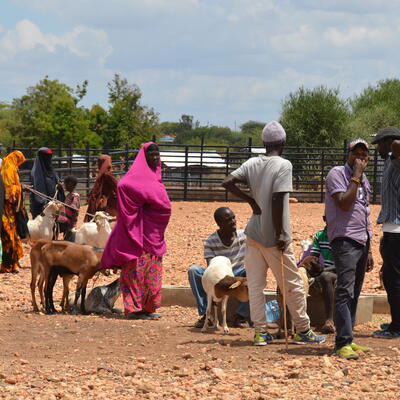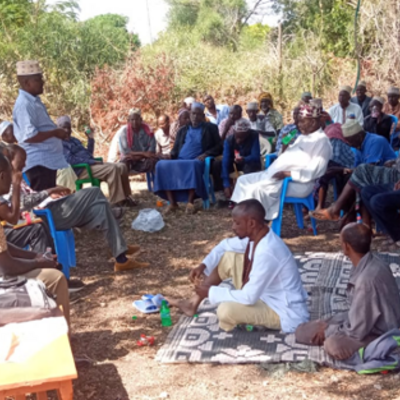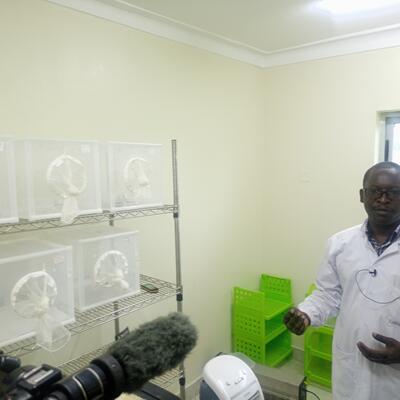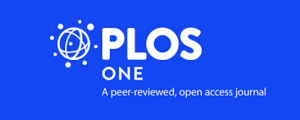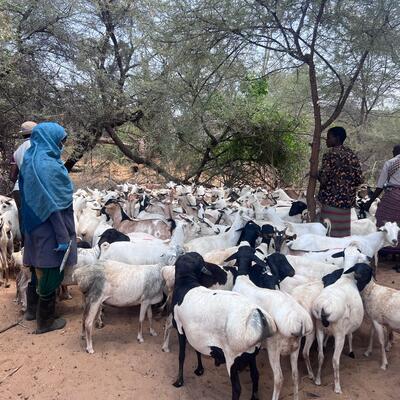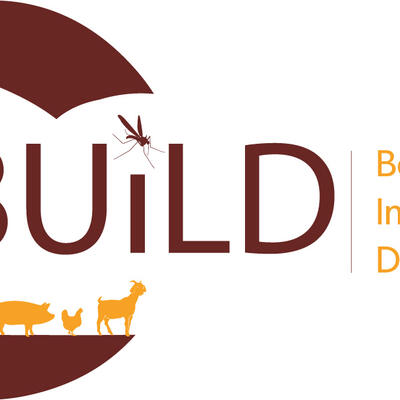
ILRI participates with other international experts to enhance disease emergency response in Africa
On 14–16 March 2023, the World Organization for Animal Health (WOAH) organized a workshop that brought together representatives from 10 African countries to identify ways to build capacity in Africa for disease emergencies. The ‘Fortifying institutional resilience against biological threats (FIRABioT)’ project, funded by Global Affairs Canada, supported the workshop.
Bernard Bett, the One Health Research, Education and Outreach Centre in Africa (OHRECA) team leader and senior scientist at the International Livestock Research Institute (ILRI), was among the experts on disease intelligence who attended the workshop. Bett said that ‘the workshop aligns with OHRECA’s interests of building capacity on early detection and response to infectious agents especially those that are transmitted from animals to humans.’
During the workshop, Bett presented on risk mapping of pathogens such as Rift Valley fever (RVF) virus, Brucella spp., and Coxiella burnetii in Kenya. Bett's presentation highlighted data collected from a national serosurvey in Kenya where these pathogens had the highest burden, and the results were used to identify counties that were later targeted for biosafety and biosecurity trainings. This study was undertaken through the ILRI-led ‘Co-infection with Rift Valley fever virus, Brucella spp and Coxiella burnetii in humans and animals in Kenya: disease burden and ecological factors’ project, funded by the Defense Threat Reduction Agency (DTRA)
Bett's presentation triggered a discussion on how satellite and other geographic information system (GIS) data could be used to develop analytics suitable for risk-based disease surveillance. The experts noted that many vector-borne diseases, including RVF, West Nile fever, and Crimean Congo haemorrhagic fever, respond to climate cues. Therefore, remote sensing and related meteorological data can be used to develop forecasting models for these vector-borne diseases.
At the end of the workshop, the participants developed a workplan to address the gaps identified in the various discussions. OHRECA aims to participate in some of these interventions, particularly those that aim to build capacity on risk-based disease surveillance. The goal is to enhance early detection and control of high-consequence zoonotic diseases.
The workshop was a crucial step towards improving the region's ability to detect and respond to disease emergencies. By working together and sharing expertise, the international community can build stronger and more resilient health systems across Africa.
Read more:
- Assessing disease risk perceptions of wild meat in savanna borderland settlements in Kenya and Tanzania
- Spatial and temporal distribution of Taenia solium and its risk factors in Uganda
- Co-infection of pigs with Taenia solium cysticercosis and gastrointestinal parasites in Eastern and Western Uganda
- Evidence of co-exposure with Brucella spp, Coxiella burnetii, and Rift Valley fever virus among various species of wildlife in Kenya
- Enhanced surveillance for Rift Valley fever in livestock during El Niño rains and threat of RVF outbreak, Kenya, 2015-2016
Header Image: Group picture. Centre-front: Dr Obadiah Njagi, WOAH Delegate, Kenya (left) and Mr. Warren Mucci, Deputy High Commissioner of Canada, Kenya (right). (photo credit: Communication/WOAH).







